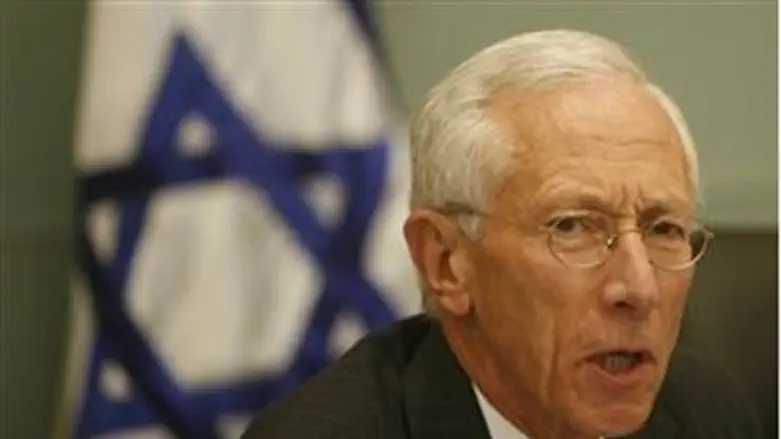
Bank of Israel Governor Stanley Fischer has been named, for the second year in a row, one of the world’s top central bankers “during one of the toughest years on record.”
The Global Finance magazine publishes the list annually, grading the world central bank leaders. Its publisher Joseph Giarraputo said, "During one of the toughest years on record, the World's Central Bankers were tested as never before.”
Fischer was given an “A” rating along with the governors of the banks of Australia, Canada, Malaysia, the Philippines and Taiwan. All six countries’ bankers, except for Canada, were in the top six last year, with Lebanon having been dropped this year from last year's A rating.
In the Middle East, Israel was head and shoulders above other central banks.
The banks of Angola, Bahrain, Kenya, Nigeria, Morocco, the United Arab Emirates, Qatar and Saudi Arabia won a B or B-plus rating.
Below them were Lebanon, Algeria, Ethiopia and South Africa with a “C” rating.
Kuwait was not rated because the magazine said it was “too early to say.”
Fischer in his second term after having made aliyah to Israel in 2005 when he was asked by Prime Minister Binyamin Netanyahu to take over the helm of the Bank.
Last year, he was angling for the presidency of the International Monetary Fund but was ruled out because of his age.
During his first term, Israel enjoyed an unprecedented era of strong growth with near-zero inflation and a strong shekel. The local currency was so strong that Fischer bought billions of dollars to keep the shekel from gaining more strength at the expense of Israeli exporters, whose income was dropping because the shekel brought in less dollars and Euros after conversion.
World financial experts scoffed at Fischer for what they said was reckless buying, but the surge in the dollar the past year has proved him correct, with the Bank sitting on billions of dollars in paper profits.
Some analysts have said Fischer bought the dollars in anticipation of a foreigners selling and thereby weakening the shekels because of fears of war with Iran.